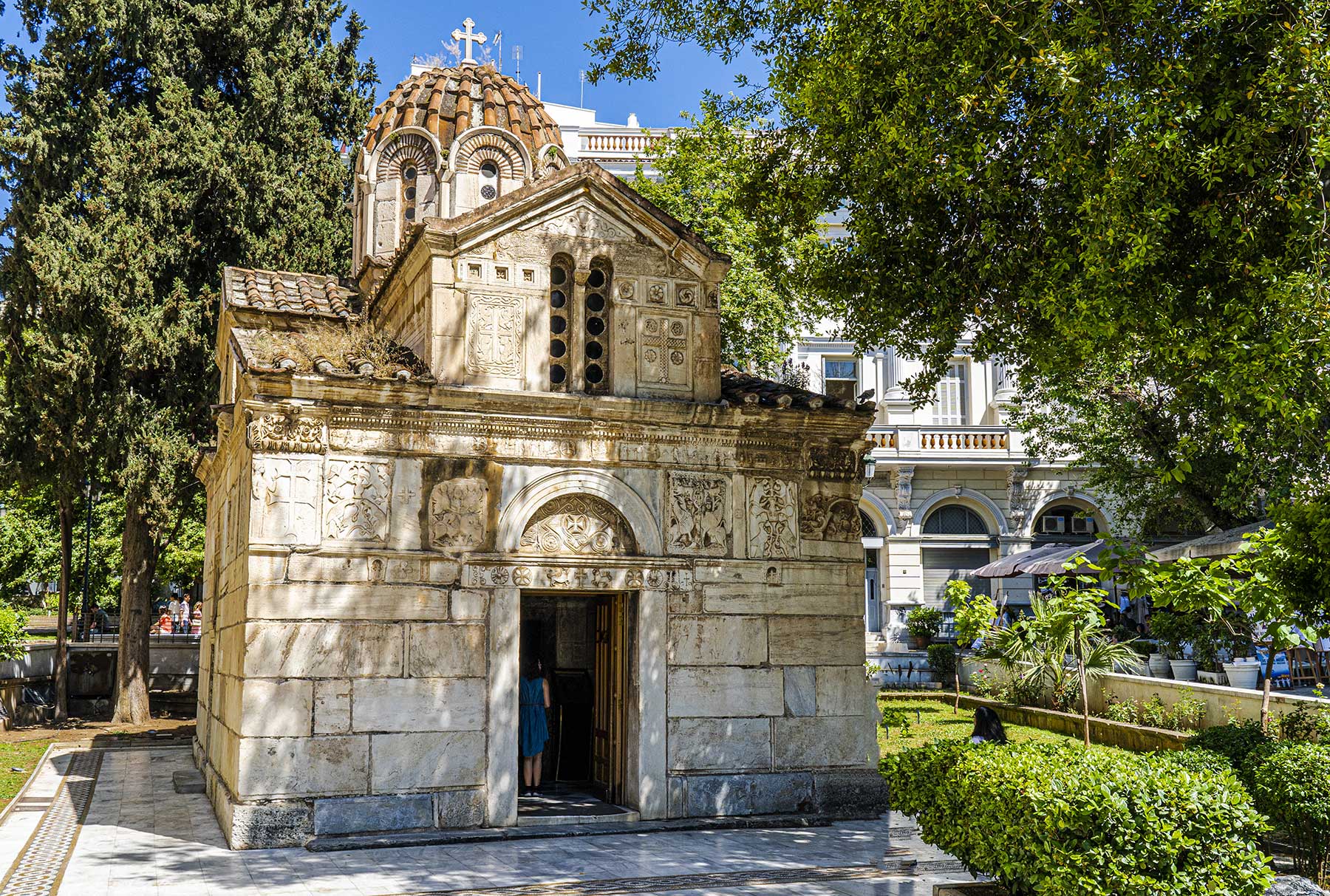Archaeology Master's Degrees
Gain the necessary skills for a career in Archaeology and the heritage sector.
Our programme
With a wide range of available courses, our programme provides you with the flexibility to study the topics that interest you most while gaining core research and practical skills expected of post-graduates. You also have the option to specialise in one of the following routes:
- prehistoric archaeology
- classical archaeology: Greek and Roman
- Roman frontier studies
- late Antique, Medieval and Byzantine archaeology
- historical archaeology
- artefacts and technologies
.jpg)
Postgraduate funding
We offer a range of studentships for postgraduate students. Find out about our latest funding opportunities.
Teaching
Our programme combines dedicated, small-group teaching of the highest quality with independent research.
We have a broad range of modules and bespoke Pathways allowing you to specialise in areas which interest you most.
We make the most of sitting within a region with world-recognised Archaeology such as the UNESCO world heritage site of Hadrian’s wall as well as the rich historical remains of castles, medieval churches and even pre-historic sites.
We have expansive research and teaching collections at the Great North Museum: Hancock and within the School, giving you a level of familiarity with artefacts which most university students could only dream of.
Read more about our modules and pathways including our skills and thematic modules
Greek and Roman collections
Our world-class Greek and Roman collections include armour, coinage, sculpture and pottery. They are an ideal resource for developing expertise and doing ‘hands-on’ work with material culture.
Our Roman material contains artefacts from almost every major site on Hadrian’s Wall. It has one of the most important collections of inscriptions from Roman Britain. It is an invaluable asset of international importance.
Great North Museum (GNM) research library
This research library brings together our extensive and internationally important collections in prehistory, classical and historical archaeology.
It holds a world-class collection of artefacts and epigraphy from Hadrian’s Wall.
University library
Our collection of books at the University library offers one of the best resources for the study of Greek art and archaeology in the UK.
Gertrude Bell Archive
We are fortunate to have access to the Gertrude Bell Archive. This includes papers, letters, diaries, 6,000 photographs and Bell’s own library.
It is a major resource for the teaching of Byzantine archaeology and early Islamic archaeology in particular.
Other important sources for the study of Byzantine archaeology include the Michael Gough Archive and the substantial collection of publications in both the Great North Museum and Robinson libraries.
Shefton Collection
Professor Brian Shefton taught Greek archaeology at Newcastle University from 1955 to 1984. He founded the Shefton Collection of Greek Art and Archaeology at the Great North Museum.
One of the main strengths of the collection is the extensive range of pottery. It covers all the major periods of Greek history from the Mycenaean to the Hellenistic.
Find out more about these Greek objects on the Great North Museum website.
